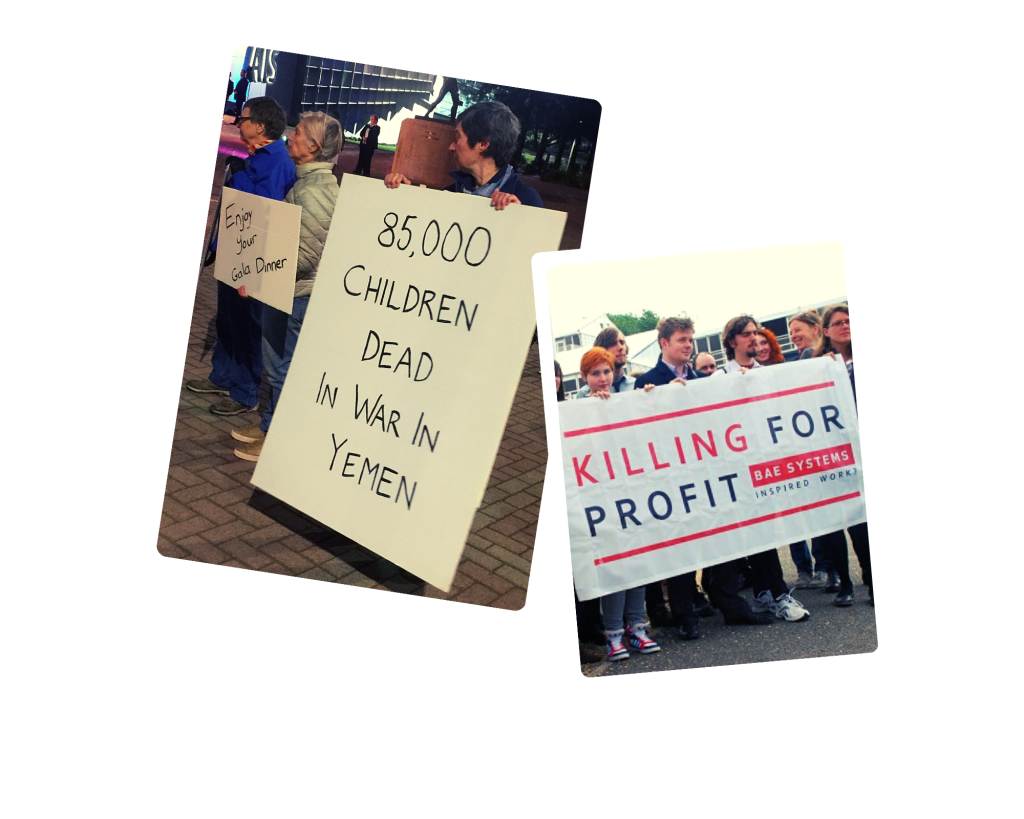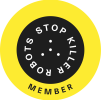Arms Trade
MAPW works to prevent the harms of the global arms trade.

Australian Exports
+ Yemen
MAPW is a founding member of the Australian Arms Control Coalition (AACC).
The AACC was formed in April 2019 out of shared concern around the lack of accountability and transparency in Australia’s defence exports, particularly arms sales to parties to the war in Yemen.
Australia has approved weapons exports to Saudi Arabia and the United Arab Emirates, in spite of the risk exports may exacerbate the humanitarian crisis in Yemen.
Yemen is suffering a profound humanitarian crisis, with over 80 per cent of the population – including more than 12 million children – in need of humanitarian assistance.
All parties to the war have been repeatedly and credibly accused of breaches of international human rights and humanitarian laws. The Australian Government has continued to approve exports that may contribute to these breaches, and has failed to properly fulfil its obligations under the Arms Trade Treaty.
The Australian Government has given more money in public subsidy to a single weapons company than it has to humanitarian relief in Yemen.
MAPW works with its AACC partners to change Australian policy on exports to parties to the war in Yemen.
News: Arms Trade
Subscribe to stay in touch with MAPW people, news, actions and events.
"*" indicates required fields
Australian War Memorial: probity, process
ABC TV's 4 Corners has covered multiple probity and process issues at the Australian War Memorial.
Read MoreGlobal Call: end F35 exports
MAPW is amongst 230+ organisations calling on Australia and F35 program partners to halt exports to Israel.
Read MoreF35 Partners and Legal Obligations
An overview of legal obligations and challenges in F35 partner countries.
Read MoreCanberra Times: AWM must think of kids
The CT carries our opinion piece on the AWM's obligations to children.
Read MoreAWM + Children: Time to talk peace
MAPW has released a new report on the Australian War Memorial's programming for children.
Read MoreWatch: Bill Williams Memorial Debate
Watch the full recording of this event from 11 October 2024.
Read MoreBill Williams Memorial Debate: register to attend in person or online.
Register to attend this debate in person or online.
Read MoreUp in Arms: Inside the eight-year effort at UniMelb
The Citizen covers MAPW's long running efforts to kick weapons companies out of the University of Melbourne.
Read MoreTransparency? Melbourne University Disclosures on Weapons Links Stir More Questions
Student protestors forced UniMelb to disclose information - but is the picture complete?
Read MoreARENA Magazine: Class Warfare
ARENA mag carries Dr Jenny Ground's piece on weapons companies in Education.
Read MoreTaking Action
MAPW works to prevent the harms of the arms trade by:
- Changing export policy and process to embed harm prevention principles
- Challenging the lack of transparency that surround arms exports
- Revealing and challenging state capture: the influence of companies that trade in arms over our government and public institutions
- Working for regulation and treaty-based prohibitions of weapons like nuclear weapons, lethal autonomous weapons, cluster munitions
Export Policy and Harm Prevention
Australia is required to to consider its obligations under the Arms Trade Treaty (ATT) when approving arms exports permits.
Australia also assesses exports against the criteria of “national security, human rights, regional security, and foreign policy.”
But it is not known what information is used to make assessments, or how each criteria is weighted.
MAPW advocates for a harm prevention approach, which requires a presumption of denial of export permits when the recipient state has been credibly reported to have violated international humanitarian law or human rights law; where there are patterns of violations, including of export control regulations; and evidence or risk of arms diversions exists.
Transparency
The Australian government uses exemptions in the Freedom of Information Act to withhold all meaningful information about arms exports. The public cannot know what Australia exports, or to whom.
Additionally, the government is not transparent about how it assesses risks, or monitors compliance with end use provisions.
Greater transparency about arms exports will prevent harm, and improve accountability.
State Capture
Significant government investments in weapons companies and the arms trade creates a pro-export, pro-commercial, orientation to arms export controls.
Weapons companies also employ ex-public officials – a practice known as the revolving door – to access and influence decision makers. They use corporate strategies to minimise the harms caused by their industry, and to generate social licence.
Read about MAPW’s work to counter the influence of the weapons industry in STEM education.
Our Reclaim Remembrance campaign focuses on the influence of the weapons industry over othe Australian War Memorial.
MAPW works to reduce the harms of the global arms trade by supporting and participating in national and international campaigns to regulate and eliminate inhumane weapons.



